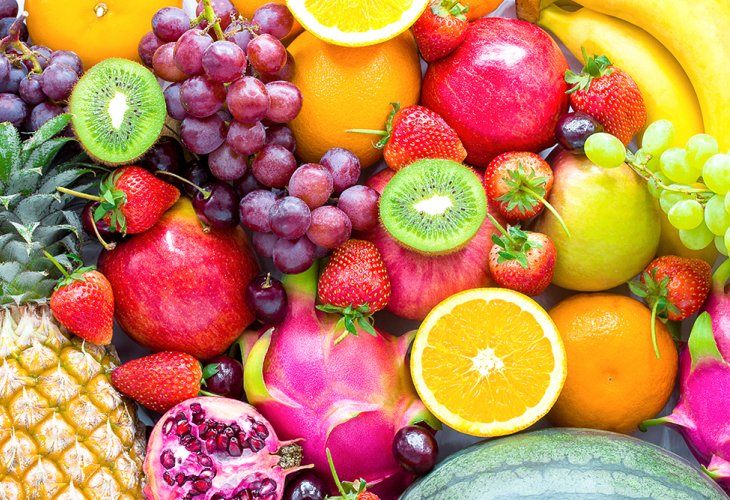Why You Should Add Fruits to Your Daily Diet
Why even those with diabetes can enjoy fruit, when fruit sugars are harmless—and when they're not.
 (Photo: shutterstock)
(Photo: shutterstock)Not too long ago, the recommendation for fruit consumption was three fruits a day for a healthy person, and for those with diabetes, high blood fats, fatty liver, or obesity - to reduce or even avoid fruits in the diet, despite the numerous health benefits of fruits and vegetables.
A new study changes this recommendation. The findings showed that people without diabetes who regularly ate fruits had a lower risk of developing diabetes compared to those who didn't eat fruits at all. Additionally, those who had diabetes at the start of the study and consumed fruits saw improved metrics.
The researchers conclude that eating fruits did not lead to an increase in blood sugar levels or weight, therefore there's no need to restrict type 2 diabetics from eating fruits. Moreover, eating fruits led to weight loss.
Every food we consume raises blood sugar levels in one way or another, but in a natural diet of fruits and vegetables, sugar quickly moves from the blood to the cells.
Whole fruits contain water and water-soluble fibers that regulate the sugar's entry into the blood. The sugar binds to the fibers and is gradually released into the bloodstream at a pace that doesn't cause accumulation, without burdening the insulin production system, unlike white sugar or other carbohydrates.
The sweetness of the fruits is not a measure of the sugar level they contain because fruits also contain acids, such as ascorbic acid, which is vitamin C. The acids mask the sweet taste. It's like adding lemon to sweet tea - the sweetness level decreases, but the sugar amount doesn't change. Some sweet fruits contain less acid, but their sugar content is equal to that of a sour fruit.
Fructose is the sugar found in fruits. It's beneficial when consumed from whole fruits along with their fibers. The problem arises when using isolated fructose as a sweetener, adding it to drinks, candies, and many processed and ready-made foods. When fructose comes without fibers and the additional components of the fruit, it increases the risk of obesity, fatty liver, and other diseases, l"a.
Pay attention to product ingredients. When fructose is listed - it doesn’t mean the product is healthy.
The color of fruits also matters. Each color contains different phytochemicals. These are substances that act as antioxidants, protect against various diseases, and slow down the aging process.

